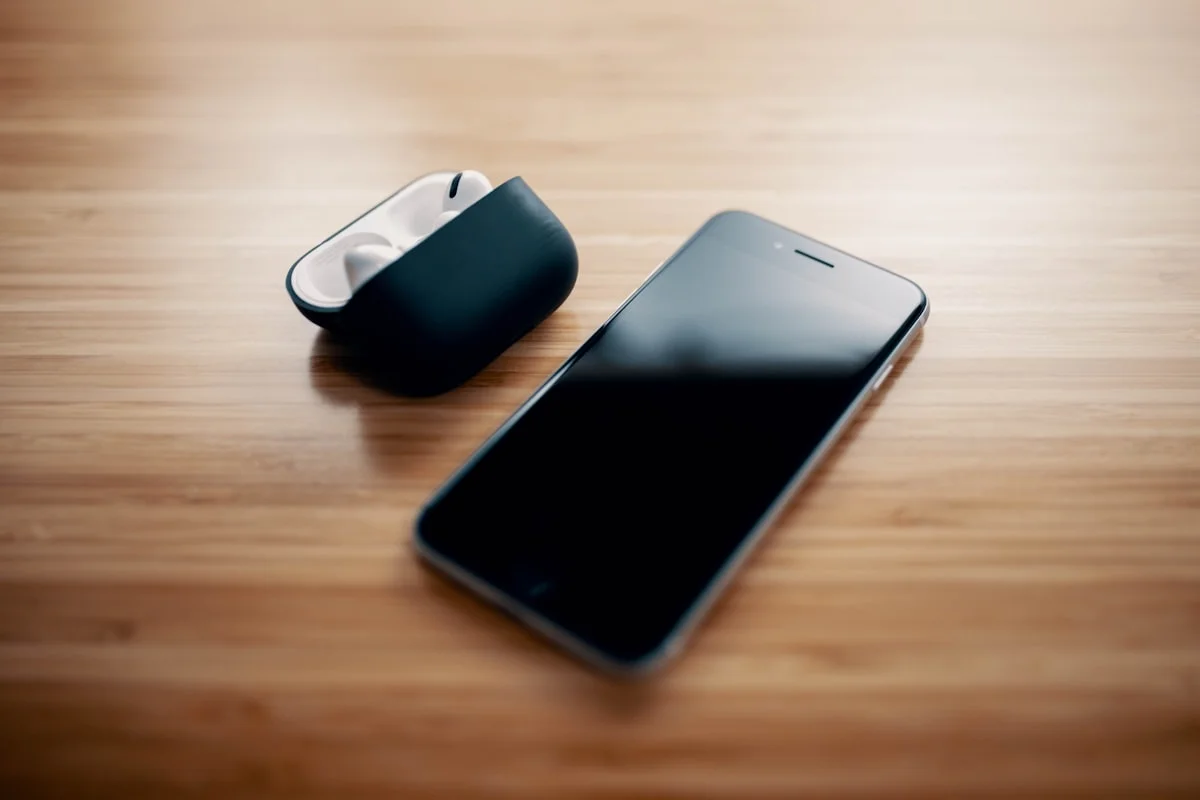# Android vs iPhone Battery Comparison USA (2025): Which Lasts Longer?
Android vs iPhone Battery: Which Performs Better in 2025?
When it comes to smartphone longevity, the Android vs iPhone battery debate is hotter than ever. In 2025, both Android and iPhone manufacturers have made significant strides in battery optimization, but which one truly lasts longer for users in the USA? Whether you’re a power user needing all-day endurance or a casual browser looking for reliability, understanding the differences between Android vs iPhone battery performance can help you make the best choice. This comprehensive comparison dives into real-world tests, software efficiency, and charging technologies to determine which platform comes out on top.
Battery Capacity: Hardware Differences Between Android and iPhone
One of the biggest factors in the Android vs iPhone battery discussion is hardware capacity. Android phones, especially flagship models from Samsung, Google, and OnePlus, often pack larger batteries—sometimes exceeding 5,000mAh. iPhones, on the other hand, typically feature smaller batteries but rely heavily on Apple’s tightly controlled hardware-software integration to maximize efficiency. For example, the iPhone 16 Pro Max (2025) may have a 4,500mAh battery, while the Samsung Galaxy S25 Ultra boasts a 5,500mAh cell. However, raw capacity doesn’t always translate to better performance, as software optimization plays a crucial role.
Software Optimization: How iOS and Android Manage Power
Apple’s iOS is renowned for its power efficiency, thanks to deep integration between hardware and software. Features like Background App Refresh management and adaptive brightness help iPhones maintain strong battery life despite smaller capacities. Meanwhile, Android’s open ecosystem allows for more customization but can lead to inconsistent battery performance across different manufacturers. Google’s Pixel lineup and Samsung’s One UI have improved significantly in 2025, with AI-driven optimizations that extend battery life. Still, iPhones often lead in standby time, making them ideal for users who prioritize longevity over raw power.
Real-World Battery Performance in the USA
Independent tests conducted in 2025 reveal interesting insights into the Android vs iPhone battery battle. In mixed usage scenarios (streaming, browsing, and gaming), high-end Android devices like the Galaxy S25+ and Pixel 9 Pro tend to last slightly longer under heavy use due to their larger batteries. However, iPhones excel in standby efficiency, losing only 2-3% overnight compared to some Android phones that drain 5-8%. Network conditions in the USA, including 5G and Wi-Fi usage, also impact battery life, with iPhones generally handling carrier optimizations better.
Fast Charging and Battery Longevity
Another key aspect of the Android vs iPhone battery debate is charging technology. Many Android phones now support ultra-fast charging (up to 120W or more), allowing a full charge in under 30 minutes. Apple has been more conservative, with the iPhone 16 series maxing out at 35W wired charging. While Android wins in speed, Apple emphasizes battery health, with optimized charging algorithms that reduce long-term degradation. For users in the USA, where fast charging is widely available, this trade-off between speed and longevity is worth considering.
Which Is Better for You in 2025?
Ultimately, the Android vs iPhone battery winner depends on your needs. If you demand the longest screen-on time and rapid charging, premium Android phones are hard to beat. But if you prioritize standby efficiency, software optimization, and long-term battery health, iPhones remain a strong contender. As both ecosystems continue to innovate, the gap narrows each year, making 2025 an exciting time for smartphone battery technology in the USA.
Final Thoughts on Android vs iPhone Battery Life
The Android vs iPhone battery competition in 2025 shows that both platforms have unique strengths. Android devices lead in raw capacity and charging speed, while iPhones offer superior efficiency and standby performance. For users in the USA, network conditions, usage habits, and personal preferences will determine which smartphone best suits their lifestyle. No matter your choice, advancements in battery technology ensure that both Android and iPhone users can enjoy longer-lasting devices than ever before.

